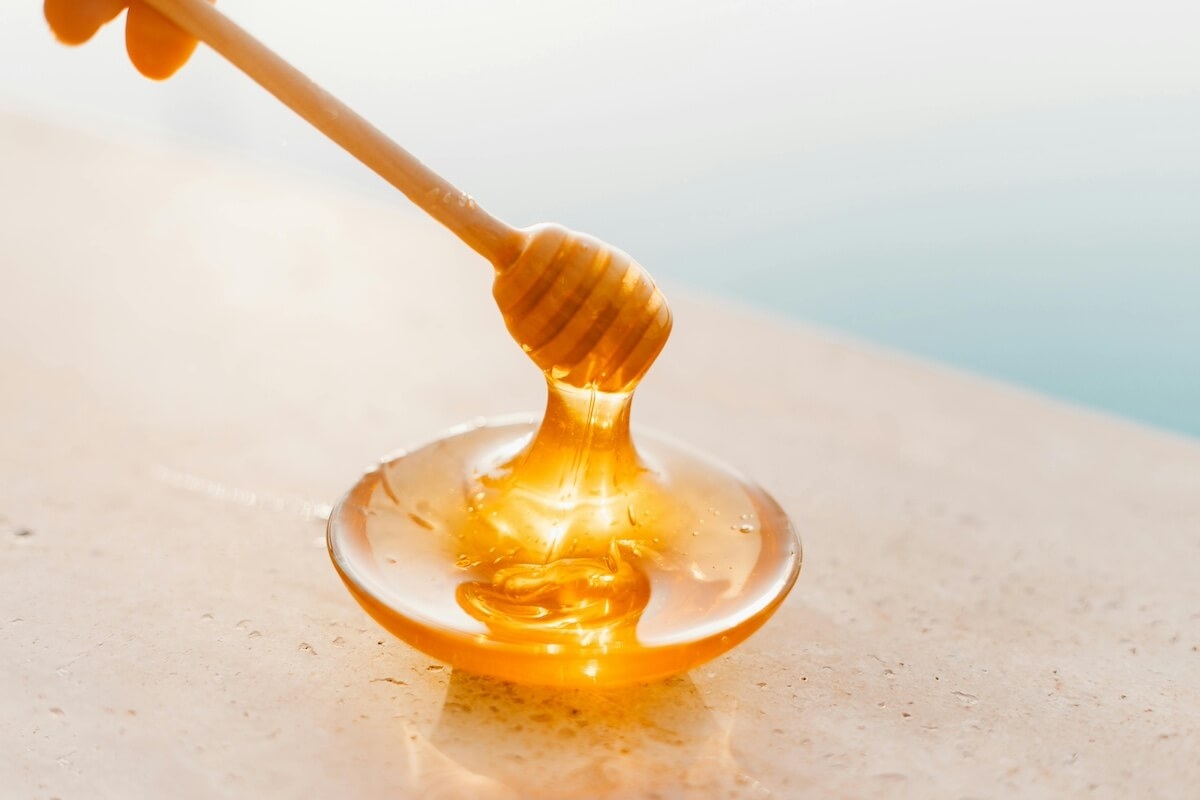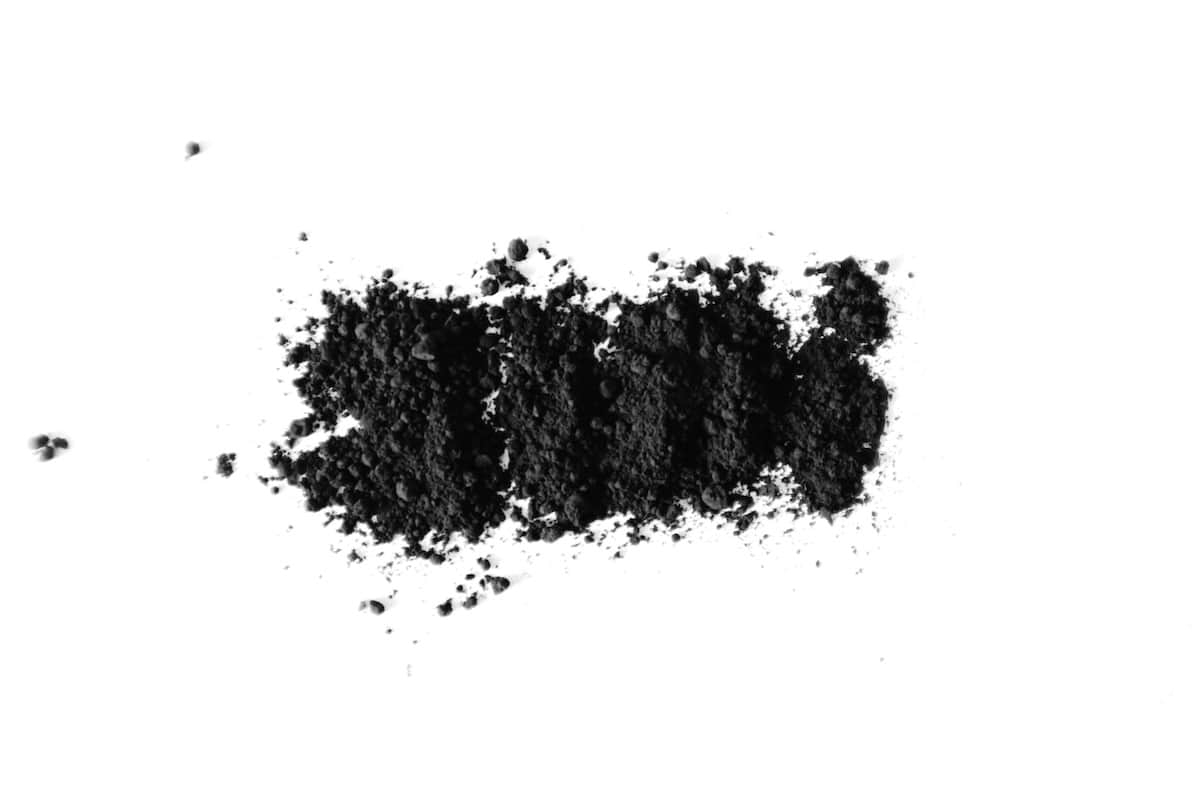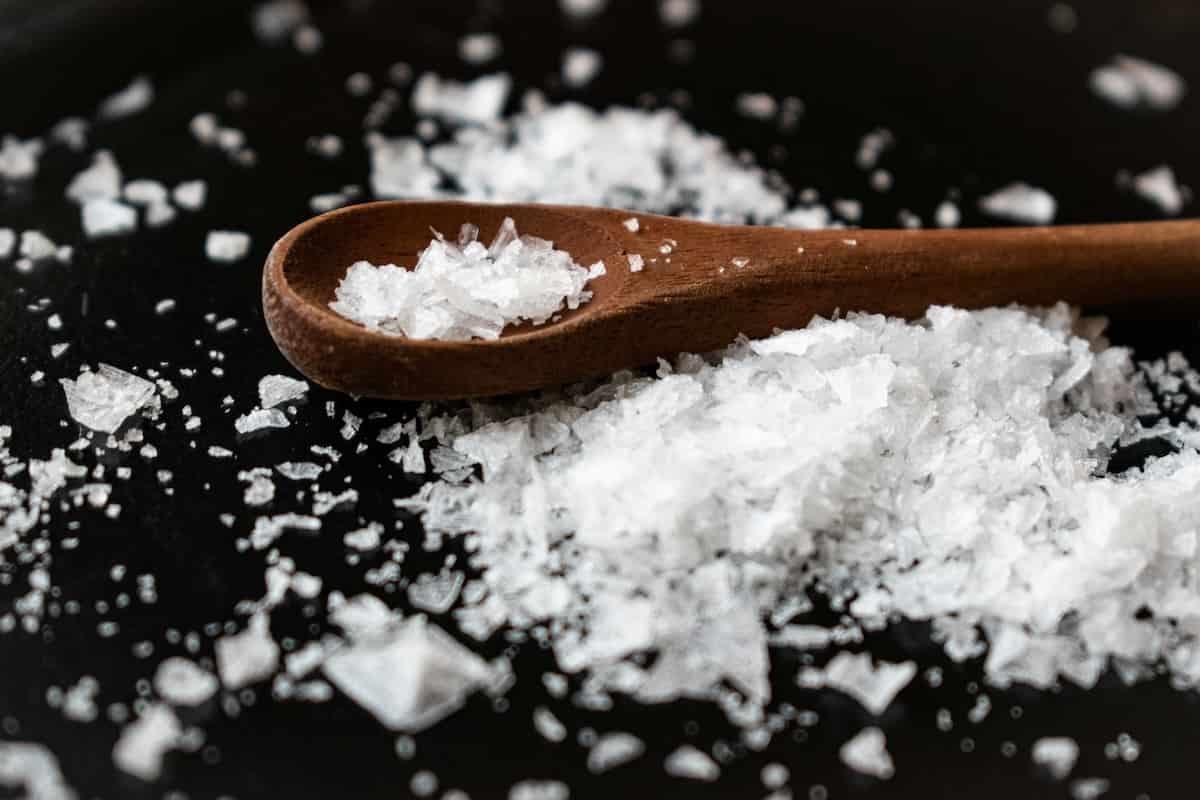Last update: July 15, 2025
4 minute read
Does Manuka Honey Expire? Unveiling the Shelf Life and Storage Secrets
Ever wondered if Manuka honey goes bad or loses its potency over time? Dive into the surprising truth about its shelf life and discover how to store it properly for maximum benefits.

By Derick Rodriguez, Associate Editor
Edited by Dr. Dimitar Marinov, MD, RDN, PhD

You're standing in your kitchen, staring at that jar of Manuka honey you bought a few years ago. It still looks fine, but you can't help but wonder: Does Manuka honey expire? Is it still safe to use?
Let's delve into the sweet truth about this unique honey's shelf life and discover how to keep it at its best.
Key takeaways
- Manuka honey doesn't expire in the traditional sense, but may change over time
- Proper storage is crucial to maintain its quality and MGO levels
- Crystallization is normal and doesn't mean the honey has gone bad
Does Manuka honey expire?
So, does Manuka honey actually expire? The short answer is no—Manuka honey doesn't expire in the traditional sense.
Thanks to its natural acidity and low moisture content, it's highly resistant to bacteria and spoilage. That's why ancient civilizations considered honey a precious commodity—not just a sweet treat but a natural preservative!
Understanding "best before" dates
You've probably noticed a "best before" date on your jar of Manuka honey, usually two to five years from the production date. But don't let that date worry you.
It's more about peak quality and flavor than safety. Over time, the taste, texture, and color might change slightly, but the honey remains safe to eat.
The role of methylglyoxal (MGO)
One of the key components that make Manuka honey special is methylglyoxal (MGO), which gives it potent antimicrobial properties. Interestingly, MGO levels can change over time.
Depending on storage conditions, the concentration may increase or decrease. To keep your Manuka honey's MGO levels stable, store it properly.
How to store Manuka honey
Wondering how to keep your honey in tip-top shape? Ideal storage is crucial.
Keep your Manuka honey in a cool, dry, and dark place. A pantry or a cupboard away from direct sunlight works best.
Aim for a temperature around 50-60°F (10-15°C). Extreme temperatures can affect the honey's consistency and MGO content.
— Dr. Dimitar Marinov, MD, RDN, PhDManuka honey’s low water content, high sugar levels and natural acidity make it virtually non-perishable—its ‘best before’ date reflects peak flavor and MGO potency, not safety—so store it sealed in a cool, dark place to preserve its unique properties; expect normal crystallization over time, which can be gently reversed with a warm water bath without degrading its benefits.
Crystallization: A natural process
Noticed your honey getting thick or grainy? Don't panic!
Raw Manuka honey may crystallize or harden over time. It's a natural process that doesn't mean your honey has gone bad.
To restore its smoothness, simply place the jar in a warm water bath and stir until it returns to its original consistency. Just avoid microwaving it, as high heat can damage the beneficial nutrients.
Does Manuka honey lose its nutrients over time?
You might be thinking, "Will my honey still be beneficial after a few years?" Great question.
The good news is that Manuka honey's beneficial nutrients, including MGO, tend to be maintained during the first five years, especially when stored properly. After this period, there might be a natural decline, but your honey is still safe to consume.
Honey lasts (almost) forever!
Archaeologists have found honey in ancient Egyptian tombs. Honey's natural preservation properties are so impressive that it can last for millennia under the right conditions!
Dos and don'ts of storing Manuka honey
To keep your Manuka honey at its best, here are some simple tips:
Do’s
Do store it in a cool, dry, and dark place.
Do keep the lid tightly closed to prevent moisture absorption.
Do use a dry, clean spoon to avoid introducing contaminants.
Don’ts
Don't refrigerate your honey—it may speed up crystallization.
Don't expose it to direct sunlight or high temperatures.
Don't use a wet spoon, as water can affect the honey's quality.
Adding Manuka honey to your wellness routine
Adding Manuka honey to your daily routine may be a sweet way to support your overall health. Whether you drizzle it over your morning oatmeal, stir it into herbal tea, or enjoy a spoonful straight from the jar, you're tapping into a natural source of beneficial nutrients.
VitaRx Tip
Consider enjoying Manuka honey with antioxidant-rich foods as part of a balanced diet.
Exploring the benefits of Manuka honey
Beyond its shelf life and storage, Manuka honey is appreciated for its unique properties. Its antimicrobial qualities may support digestive health, soothe sore throats, and aid in skin care when applied topically.
Interested in learning about other natural wellness options? Learn about the health benefits of zinc and how it may complement your diet.
Frequently asked questions (FAQ)
Here are some of the most frequently asked questions about Manuka honey.
Final thoughts
So, to answer the question, "Does Manuka honey expire?"—not really. While it may undergo changes in texture or slightly diminish in nutrient levels after several years, it's still safe to enjoy.
Proper storage is key to maintaining its quality and reaping all the benefits this unique honey has to offer.
Remember, keeping a healthy lifestyle involves paying attention to how you store and consume your natural foods. Manuka honey, with its impressive shelf life and health benefits, may be a delightful addition to your wellness journey.
Sources and references
Editor

Derick Rodriguez
Derick Rodriguez focuses on editing health and wellness-related content. With over half a decade of experience in the digital realm, Derick has developed a unique skill set that bridges the gap between complex health concepts and accessible, user-friendly communication. His approach is deeply rooted in leveraging personal experiences and insights to illuminate the nuances of health and wellness topics, making them more approachable and empowering readers with knowledge and confidence.
Fact checker

Dr. Dimitar Marinov
Dr. Marinov has years of experience in scientific research and preventive and clinical medicine. His publications in peer-reviewed journals are on nutritional status, physical activity, and musculoskeletal disorders among adolescents.
At VitaRx, we're not just passionate about our work — we take immense pride in it. Our dedicated team of writers diligently follows strict editorial standards, ensuring that every piece of content we publish is accurate, current, and highly valuable. We don't just strive for quality; we aim for excellence.
Related posts
While you're at it, here are some other relevant articles you might be interested in.

Get your personalized vitamin recommendations in less than
5 minutes.
Get your personalized vitamin recommendations in less than
5 minutes.








